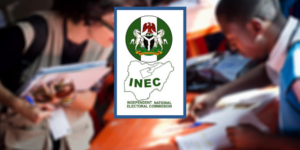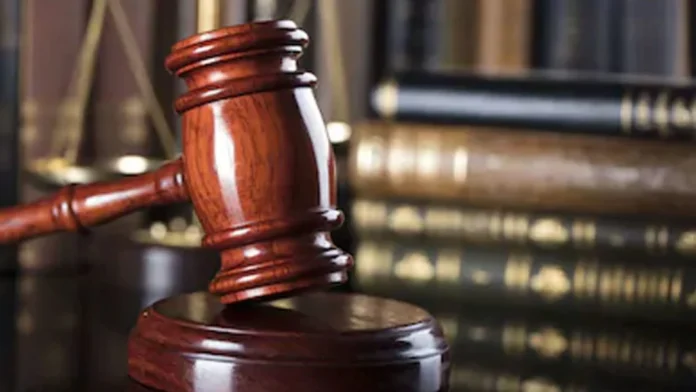The Federal High Court sitting in Abuja has mandated the Independent National Electoral Commission (INEC) to hold state governors, their deputies, and others accountable for cases of electoral violence, bribery, vote-buying, and conspiracy during the 2023 general elections.
This decision, delivered by Justice Obiora Egwuatu, follows a lawsuit filed by the Socio-Economic Rights and Accountability Project (SERAP).
According to a statement by SERAP’s Deputy Director, Kolawole Oluwadare, the court ordered INEC to appoint independent counsel to investigate these electoral offences and to ensure the effective prosecution of suspected perpetrators and their sponsors.

Justice Egwuatu emphasized the importance of investigating and prosecuting all electoral offences, noting that the lack of accountability has hindered democratic and economic development in Nigeria.
He pointed out that the Electoral Act 2022 provides specific provisions for prosecuting such offences and that INEC is legally obligated to enforce these provisions.
SERAP’s application was supported by documentary evidence, which Justice Egwuatu found compelling. He stated that the failure of INEC to perform its public duty warranted the court’s intervention.
The judge also highlighted that SERAP has demonstrated a patriotic commitment to advancing the community’s well-being by seeking to enforce electoral accountability.
In response, SERAP’s deputy director commended the judgment as a milestone for ensuring free and fair elections and urged INEC to immediately comply with the court’s orders.
SERAP has called for collaboration between INEC and other law enforcement agencies, such as the Nigeria Police Force and the Economic and Financial Crimes Commission (EFCC), to prosecute the perpetrators and sponsors of electoral offences.

The organization has also sent a letter to INEC Chairman Prof Mahmood Yakubu, urging him to authorize independent counsel for the investigation and to work closely with relevant agencies to enforce the court’s judgment.
SERAP emphasized that complying with the judgment would restore public trust in Nigeria’s electoral process and demonstrate a commitment to the rule of law.




